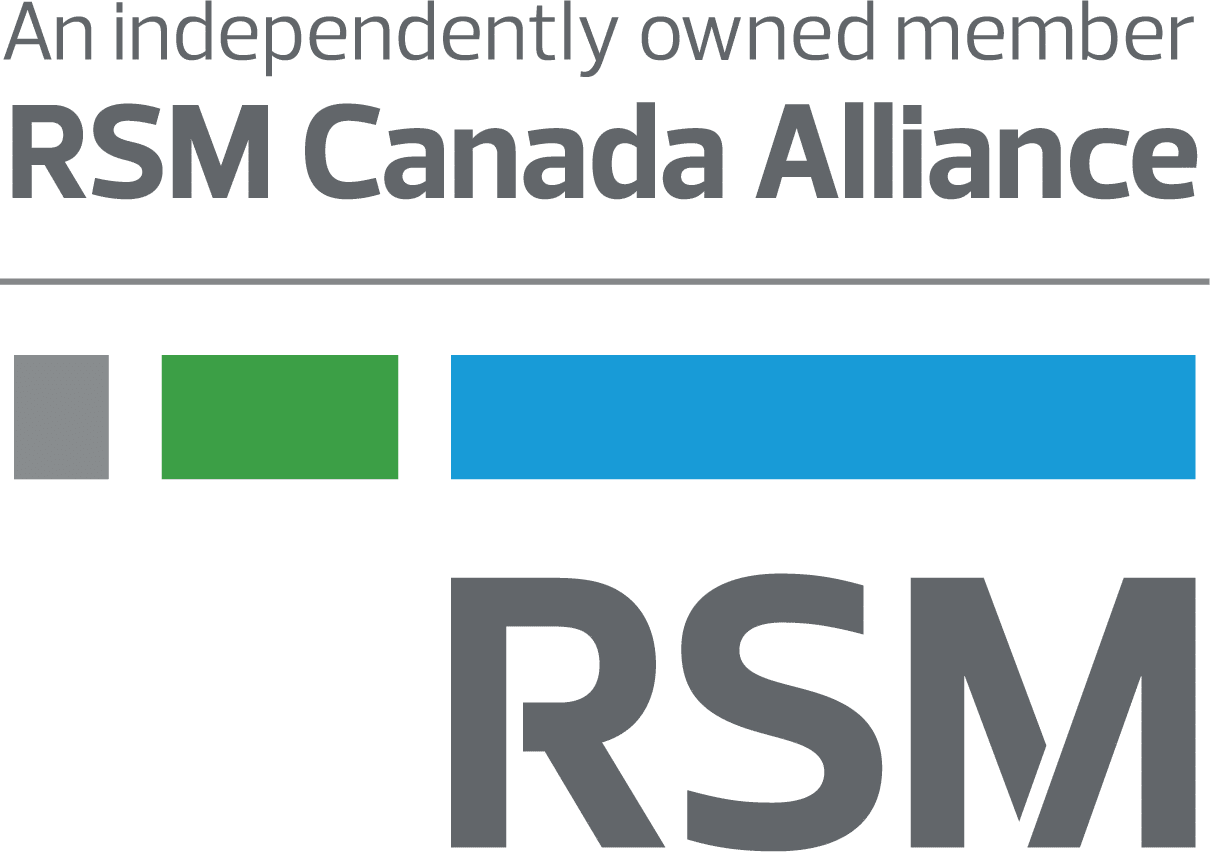
Establishing a business brings with it many learnings. It makes you a good reader, strategist, planner, and visionary. A business owner hires people more intelligent than him. To employ such talent, you have to make them an offer that gives them a sense of ownership and a share in the success. And that is where employee stock ownership plans (ESOPs) come in.
Why Are ESOPs Popular Among Canadian Startups?
ESOPs are options given to employees to buy the company’s shares in the future at a predetermined price (strike price). You can award ESOPs to employees based on performance, tenure, profits, certain milestones or any other parameter you want your ace team to achieve for the business. ESOPs are vested in those employees to attain the goal.
If the company doesn’t do well, employees have nothing to lose as ESOPs are just an option to buy shares and are not taxable unless they exercise their right to buy shares at the strike price. However, if the company does well, the share value increases, and employees are encouraged to exercise the option to purchase company shares.
As a business owner, you can enjoy the tax benefit. Shares set aside in the options pool are owned by no one and attract no tax. It is also an excellent tool for succession planning as it passes ownership to employees who contribute to the business.
How To Set Up ESOPs for Your Small Business?
ESOPs have drawbacks, like expensive setups and not suitable for loss-making companies. Once you have thought it through and discussed it with a professional accountant, you can start setting up ESOPs for your small business.
Design a Structure for Your ESOPs
ESOPs work by creating an options pool and shifting a certain number of shares in that pool for the gradual transfer of shares to employees. You can use preference, voting, and non-voting shares in the options pool or have a mix of all. You may give ESOPs to all employees or only the top executives as compensation or as an incentive for good work.
Long story short, you are the creator and can design the ESOP structure in a way that gives the best outcome. Many small business owners make the mistake of using templated ESOPs, which may or may not be aligned with your goals.
Hence, take time and think it through with business consultants and get approval from your board of directors and anyone with an established financial interest in your business. While designing the structure, you have to chart out the following details.
Consider the Change in Share Ownership From ESOPs
Remember, ESOPs should be beneficial for both employer and employee. You cannot allow too little a stake in the ESOPs pool. Generally, 10-20% of the company’s value is allotted to the options pool. Also, you cannot take forever to allocate the options to employees. Now, that is the employee’s point of view. You also have to look at the employer’s point of view.
Before finalizing the ESOP structure, see its impact on the overall ownership and whether it is aligned with your business goals. If you plan to retain majority ownership, you could issue non-voting shares and preference shares in the ESOP pool. You could allot voting shares only to senior executives. This way, you can retain ownership among a small group of people that are too important to let go.
Prepare a Budget for ESOPs
While ESOPs won’t bring immediate financial implications to employers and employees, they will in the long term. As a small business owner, pay special attention to the options tenure and strike price at which employees can exercise the option to buy the company’s shares at a future date. The strike price should be affordable and attractive to employees. If you set too high a strike price, the incentive to exercise the option will reduce.
The tenure of the option is equally important as that time frame will make the shares taxable. If voting shares are included in ESOPs, it will dilute shareholders’ interest. If you are a private company, you must have sufficient corporate funds to buy back the stocks at fair market value if an employee exits the organization. ESOPs are expensive both administratively and financially. So think it through the end when you retire and sell your shares to employees.
Chalk Out Eligibility Criteria To Secure ESOPs
As you chart out the ESOP structure, you get into details. And now you have to be particular with the eligibility criteria that employees have to achieve to get the option to buy shares. This eligibility could be tenure, performance, billings, milestones or a mix of two or three things.
If you offer the same ESOP to all employees, some may not be motivated to exercise the options. You could even have a different strike price and share type for top officials. And you could also ask them to pay for shares to have skin in the game. For instance, employees seeking an executive or C-level position could be required to buy a certain number of shares through ESOPs to show how serious they are about the company.
Think it through and write down the rules of the option agreement smartly. After all, expensive compensation like ESOPs should give an equally rewarding outcome to the company.
It is better to consult a professional accountant to help you with the procedure, tax implications, and long-term financial impact of ESOPs.
Contact Ford Keast LLP in London to Help You With Business Buying and Selling
A skilled accountant is experienced in setting up various ESOPs and has probably seen the entire ESOP cycle. They can give you a 360-degree view of the ESOP choices and help you set up a structure best suited for your business in the long term. At Ford Keast LLP, our accountants and business consultants can provide you with the best succession planning and business strategy; reach out to us online or call us at 519-679-9330.




